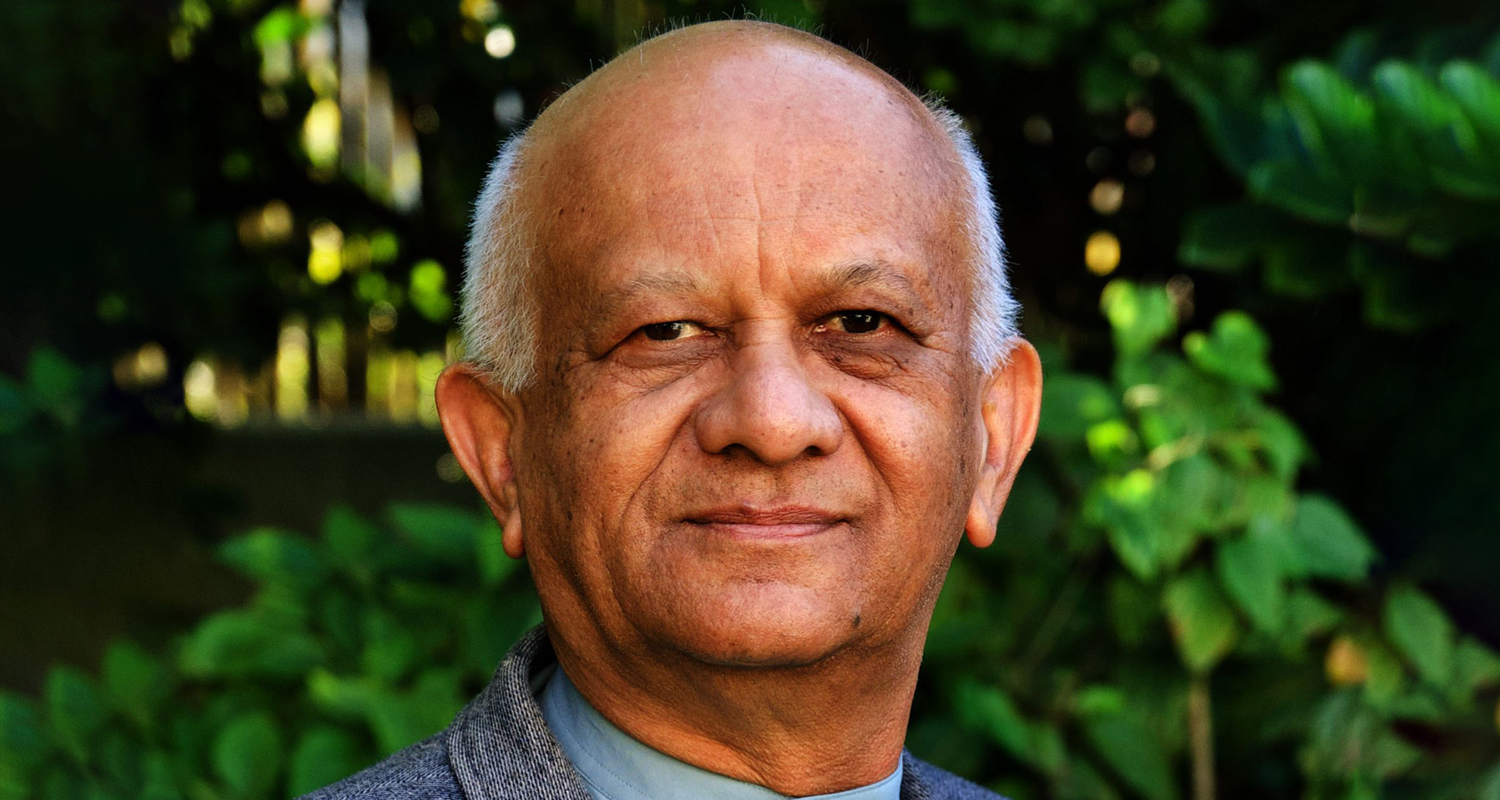
The fourth Industrial Revolution (4IR) will never happen in South Africa unless literally millions of the country’s people can cross the digital divide before it becomes impossibly wide.
This is the view of Dr Hasmukh Gajjar, founder of mobiLearn, who believes that all the challenges we face as a nation today revolve around education.
“Obviously, mobile and digital technologies are able to accelerate the delivery of education. But the irony in South Africa is that digitisation is actually increasing the digital divide.”
Access to connectivity is creating a very real divide between those that can use technology to improve their education outcomes and those that can’t.
“Digital literacy is key to accessing educational opportunities,” Gajjar points out. “On one hand, there is a lot of frustration and anger around high data prices that are seen to stifle access. But if you flip it around, most consumers use their data for entertainment or social media. Instead, what we need to do is create an aspiration among consumers to be smarter in how they use their smartphones and their data.”
There are almost 50 million smartphones in use in South Africa – but most of these users still use cash for most of their transactions. “People still use cash or spend time and money to do things they could do online — despite having the technology in their pockets that could save them far more than they would spend on the data that could enable a more digital lifestyle,” Gajjar explains.
Long way to go
“A lot of investment, by both the public and private sectors, has gone into education, but we still have a long way to go before we can claim to be digitally literate. And this means our economy is not ready for 4IR.”
For this reason, Gajjar started mobiLearn. “I want to turn people’s smartphones into mobile classrooms.”
MobiLearn creates multimedia content that helps people to become digitally literate and which is accessible on their smartphones.
Learn more about mobiLearn at www.mobilearn.africa
“The content we create is very entry level, but it focuses on helping people to unlock the power of their devices – things like how to use Google apps, how to use maps and other useful skills,” Gajjar explains.
“We try to do this in multiple languages, so it is accessible to more people, and also demonstrates respect for the user. Some of our content we created in all 11 languages, some in just English, isiXhosa and isiZulu.”
Digital literacy is the first step in bridging the digital divide and allowing more people access to the digital economy.
 “The digital revolution is held hostage by our past, but more so by our current reality,” he says. “People who don’t have access to capital or digital skills aren’t able to participate in the digital economy. Our past continues to dictate who has an easier opportunity to exploit their entrepreneurial skills. The unexpected consequence is that our past dictates who makes money. People in the digital economy are able to work literally anywhere in the world with customers around the globe.
“The digital revolution is held hostage by our past, but more so by our current reality,” he says. “People who don’t have access to capital or digital skills aren’t able to participate in the digital economy. Our past continues to dictate who has an easier opportunity to exploit their entrepreneurial skills. The unexpected consequence is that our past dictates who makes money. People in the digital economy are able to work literally anywhere in the world with customers around the globe.
“If you have the education, the network and the access to finance, you are able to take risks and create a successful business that may not even contribute to the South African economy. Your customers can be located anywhere your business can prosper without generating revenue within South Africa.
“So, part of the challenge is no different from what it was in 1989 when I got into business as a rare black-owned start-up.”
MobiLearn aims to help redress the current imbalance.
Part of the challenge is no different from what it was in 1989 when I got into business as a rare black-owned start-up
The company creates training content in the form of videos and blogs that assist people in unlocking the full potential of their smartphones and other mobile devices. Most of the content is available for free and aims to uplift people and help them to access the wealth of education and skills training content available on the Internet.
In addition, several online courses are freely available online. Soon learners can also book time online for tutorials. And commercial content can be created for organisations that need to reach their staff or customers through this ubiquitous medium.
Since the advent of Covid-19, mobiLearn has also been involved in managing virtual meetings, as well as educating people on the best ways to conduct and participate in online meetings and events.
Background
Gajjar is no stranger to social enterprises or economic activism. When he co-founded HNR Computers 32 years ago, it was considered unusual in being one of just a very small number of black-owned IT companies in South Africa.
He went on to become the MD of WordPerfect South Africa and later marketing director of Novell South Africa.
After leaving Novell in 1996, Gajjar set up Zimele Technologies and later Ndizani, with a model of small black-owned companies supporting one another so they could compete in the corporate space.
Learn more about mobiLearn at www.mobilearn.africa
In 1997, he became chairman of Vodacom, then moved on to be MD of Consilience Technology and later joined Faritec.
Between his business endeavours, Gajjar has been intimately involved with the Black IT Forum, both at a provincial and national level, and the Black Business Council. He was the founding chair of the South African Domain Name Authority (Zadna) and instrumental in formulating South Africa’s Internet policies and strategies.
He was involved in grassroots digitisation with Silulo Technologies and Free Your Mind Technologies before setting up the mobiLearn online learning platform.
About mobiLearn
Founded by IT industry veteran Dr Hasmukh Gajjar, mobiLearn is a media company that specialises in creating training videos. The company produces content ranging from the acquisition of basic digital skills to business and language training courses, and commercial content for customers in various industry sectors. Learn more about mobiLearn at www.mobilearn.africa.
- This promoted content was paid for by the party concerned

